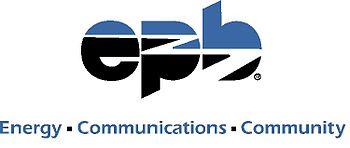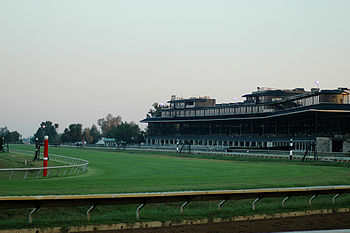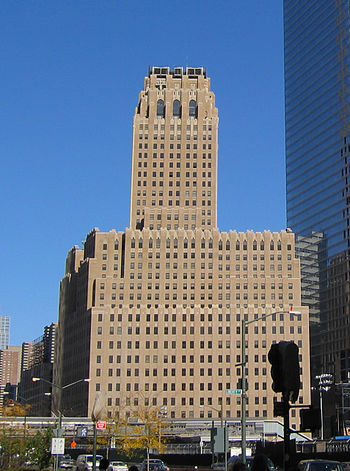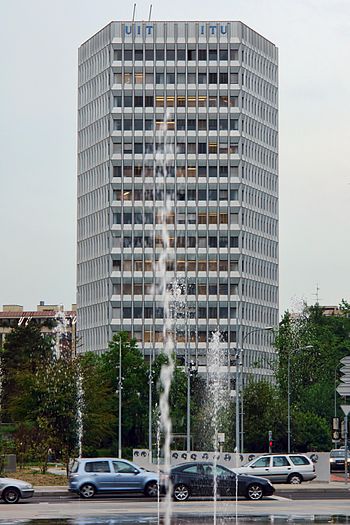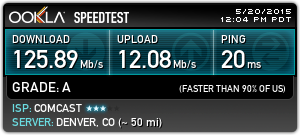
Get a Clue (Photo credit: Wikipedia)
This article is a bit late, but the subject is still pertinent. These technology bloggers do not have any idea of how the communications industry operates. It really doesn’t matter if companies consolidate across geographical boundaries because the companies are not competing against each other in the first place. The number of choices that a consumer has remains constant in this transaction. The premise of this article is flawed, but coming from Gawker Media it is no surprise.
I find it ironic that the author complains of not enough competition then lauds efforts by the government to get into the business which is the ultimate monopoly. These kiddies think that the government will solve all of their problems while in reality they care even less about service quality and customer service than commercial service providers. I totally agree that more competition will be health for consumers but stopping this transaction will not do anything to improve that situation.
Adam Clark Estes-, Gawker Media May 27, 2015, 02.00 AM IST
America woke up to some frustrating news today. Charter, the fourth-largest cable company in America, wants to buy Time Warner Cable, the second-largest, as well as Bright House, the tenth-largest. If the deal goes through it’s going to affect come 23 million internet customers directly. Not in a good way.
Major cable mergers like this one and, like the failed Comcast acquisition of Time Warner Cable, stand to further wreck the already terrible state of America’s broadband.
Continue reading
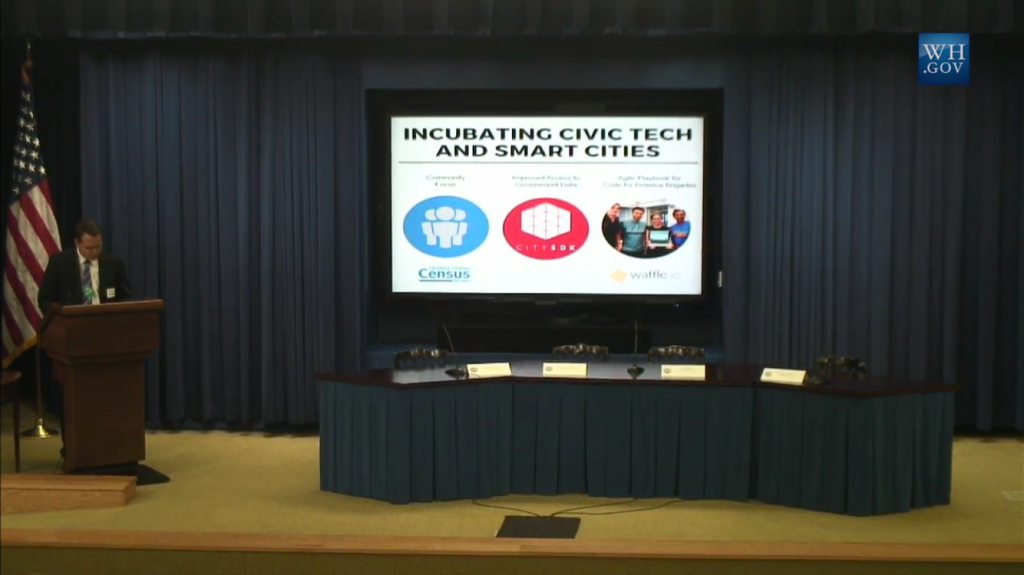 WASHINGTON, September 16, 2015 – A movement to make cities smart by using the power of broadband and information technology processing power is reaching critical mass, with the White House on Monday announcing a comprehensive initiative to support municipal efforts.
WASHINGTON, September 16, 2015 – A movement to make cities smart by using the power of broadband and information technology processing power is reaching critical mass, with the White House on Monday announcing a comprehensive initiative to support municipal efforts.




